Is a Fixer Upper House the Right Fit for You in Long Island, NY?
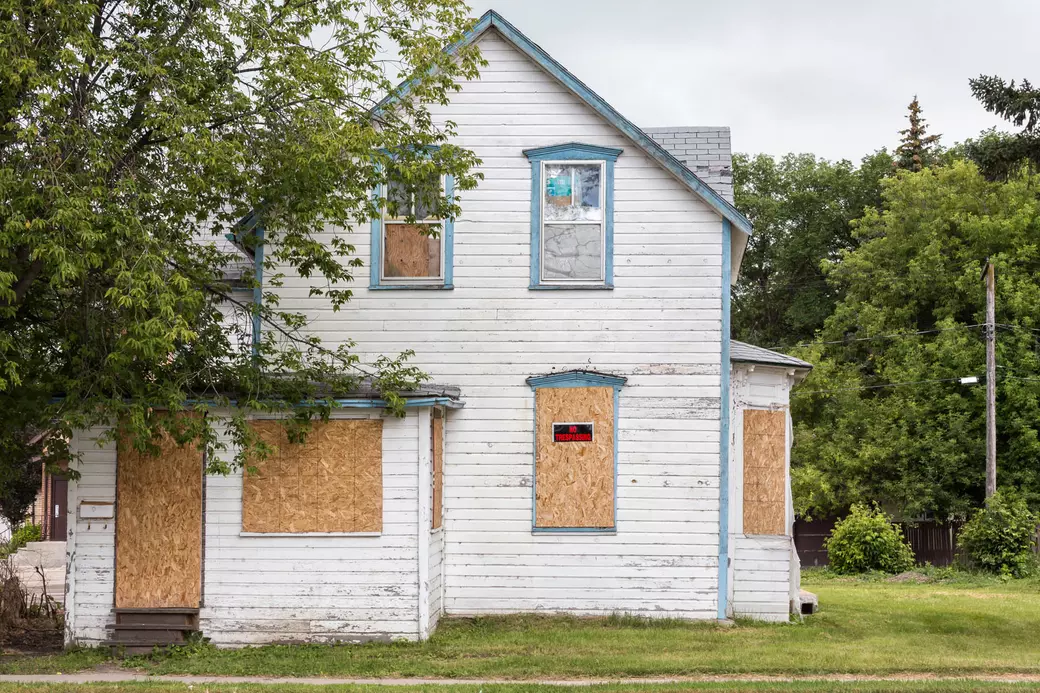
Are you considering buying a fixer-upper house in Long Island, NY? It can be tempting to invest in a house that needs some TLC, especially with the promise of a potentially lower price tag. However, before you jump in, ask yourself these important questions to determine if a fixer-upper is the right fit for you.
When Should You Walk Away from a Fixer Upper?
If the house has significant issues, such as structural damage or a problematic foundation, it may not be worth the investment. Additionally, if the cost of repairs exceeds the value of the house or the amount you're willing to spend, it may be time to move on from that property.
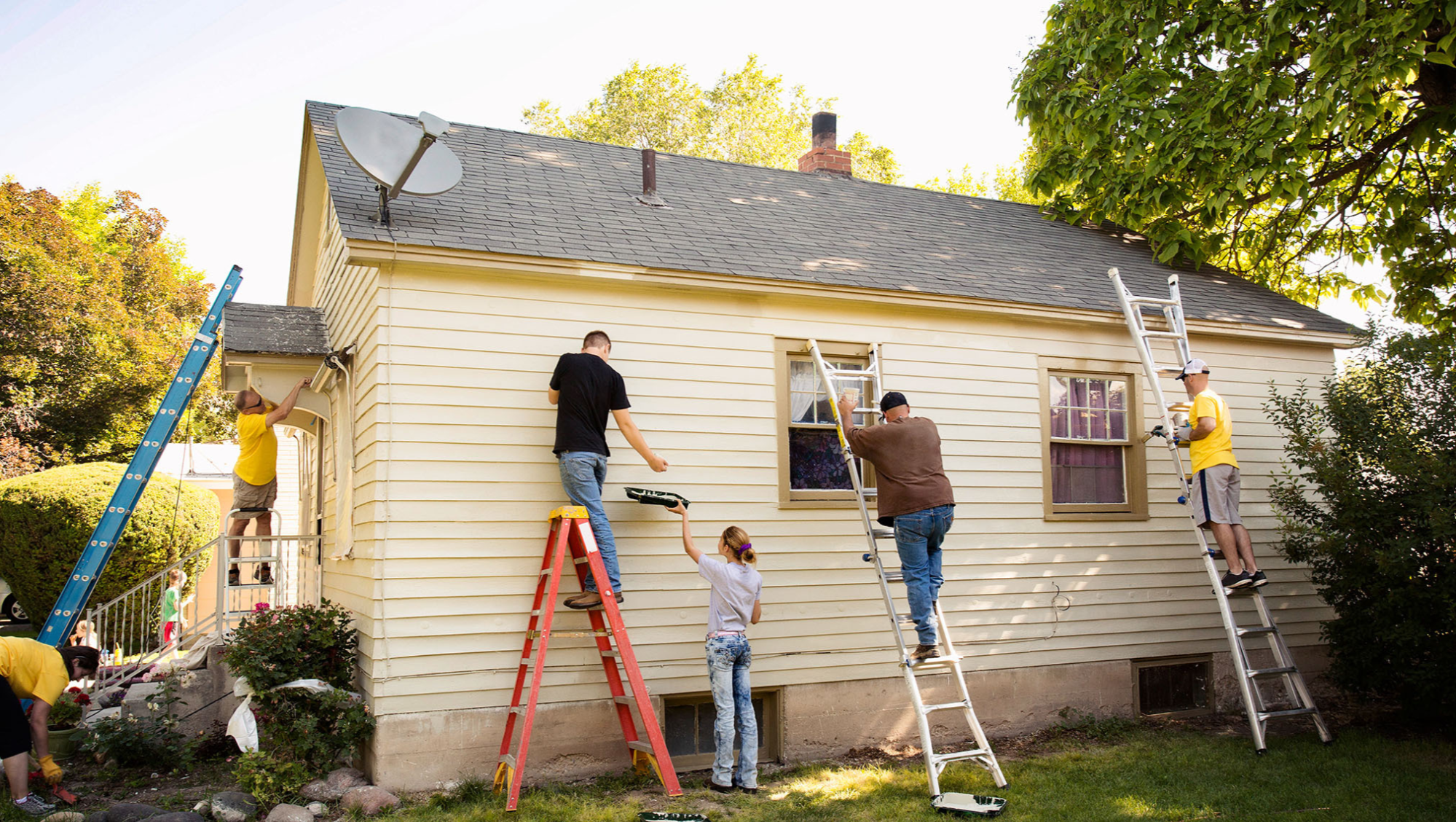
How Do You Know If a House Will Be a Money Pit?
When considering a fixer-upper house, it's important to know ahead of time whether it will be a sound investment or a financial nightmare. You don't want to get stuck with a house that requires endless repairs and upkeep, which can easily turn into a money pit. Here are some ways to identify whether a house has the potential to be a money pit:
Inspections
A professional inspection is critical when considering buying a fixer-upper. An inspection can unearth hidden issues not apparent to the untrained eye. An inspection report can provide a detailed analysis of the condition of the house, including any potential hazards.
History
You can also check the history of the house to see if there are any recurring issues. This can include gathering information about previous owners' maintenance and repair practices, whether there have been natural disasters like floods and hurricanes, and if the house was built before the 1980s, whether it contains asbestos or lead.
Plumbing and Electrical Systems
One of the most costly repairs on a house is upgrading outdated plumbing and electrical systems. Check for water damage, leaks, and mold. Ensure that the electrical wiring is up to code and can handle modern electrical demands.
Foundation
Check the foundation for any damage, cracks, or shifting. Foundation repairs can be incredibly costly, particularly if the foundation must be replaced.
Structural Issues
Structural issues require specialized repairs and can be expensive. Watch for signs such as sagging floors, bowing walls, or uneven doors and windows, all of which indicate that there might be a structural problem.
By taking into consideration these factors, you can get an accurate picture of the condition of a fixer-upper house and whether it's worth the investment. Remember, you don't want to pay for more than what you're getting in return, so do your due diligence before jumping into any fixer-upper project. With careful planning and a bit of strategy, you can identify a worthy investement and avoid the costly mistake of buying a house that may become a money pit.
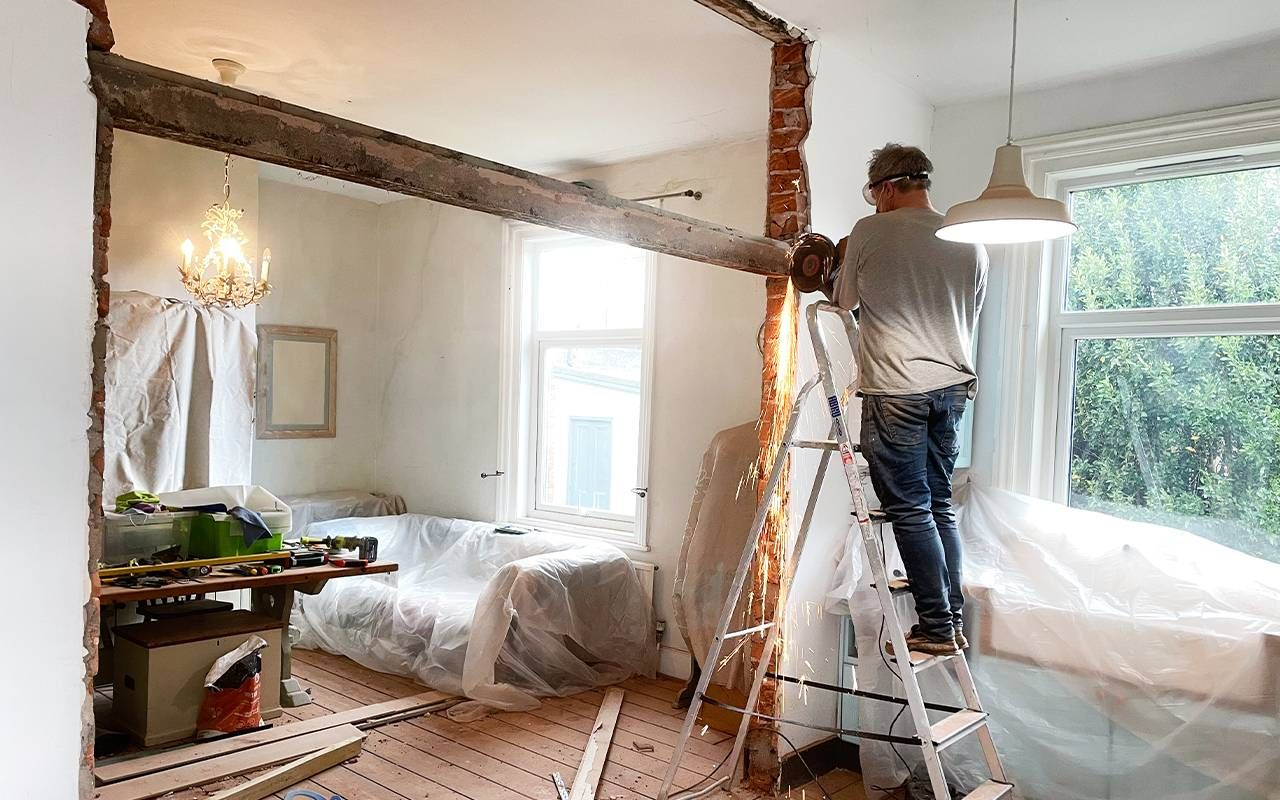
What to Do First on a Fixer Upper?
When you first purchase a fixer-upper, it's important to prioritize needed repairs. Focus on any issues that could impact the safety or structure of the house, such as electrical or plumbing problems. This will help ensure a safe living environment while you work on other cosmetic improvements.
Why Are the Fixer Uppers So Cheap?
Houses that require work are often cheaper because they may not be move-in ready and could require significant investments in repairs and renovations. Additionally, some potential buyers may be intimidated by the work required, leading to a smaller pool of interested buyers and potentially driving down the price.
Does Buying a Fixer Upper Save Money?
Buying a fixer-upper can save money in the long run, as the investment in repairs and renovations can lead to a higher resale value. However, it's important to have a thorough understanding of the required work and associated costs before making the initial purchase.
Who Pays for Repairs on Fixer Upper?
As the owner of a fixer-upper, you are responsible for paying for any necessary repairs. It's important to budget appropriately and not take on more than you can handle financially.
How Do You Tell If a Fixer Upper Is Worth It?
To determine if a fixer-upper is worth it, consider the cost of repairs and renovations compared to the potential resale value. Additionally, think about the level of work required and if it aligns with your skills and abilities. If the required work is within your capabilities and budget, and the potential payout is worth the investment, then it could be a smart move to buy a fixer-upper.
Examples on Long Island, NY
Towns like Wantagh, Freeport, Levittown, and East Meadow in Long Island, NY, just to mention a few, can have a mix of older and newer homes. Some older homes can be a great opportunity for a fixer-upper project. But always make sure to take your time and do your due diligence before making any real estate purchase.
In the end, deciding to buy a fixer-upper house in Long Island, NY, can be a smart financial move if it's done with careful consideration and planning. By knowing what to expect and prioritizing necessary repairs, you can transform a rundown property into your dream home.
If you want to know more about fixer uppers and if its a good fit for you, reach out to us via our contact page
Categories
Recent Posts



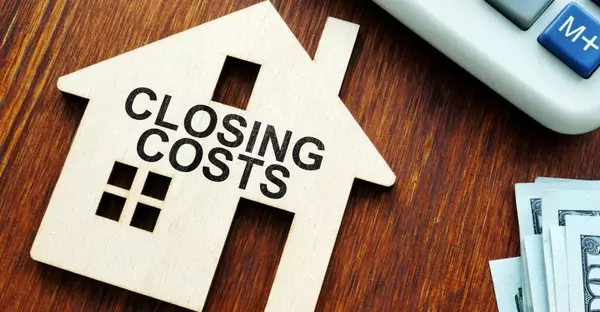


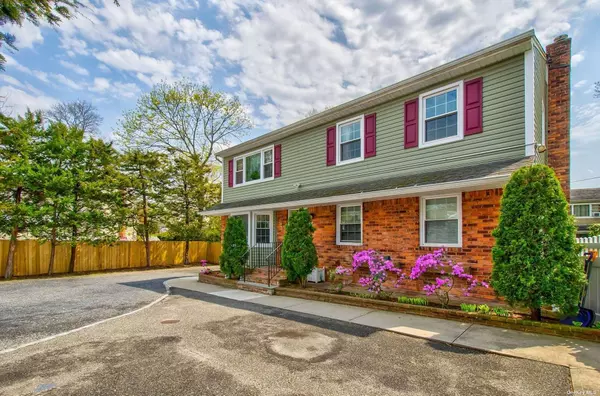

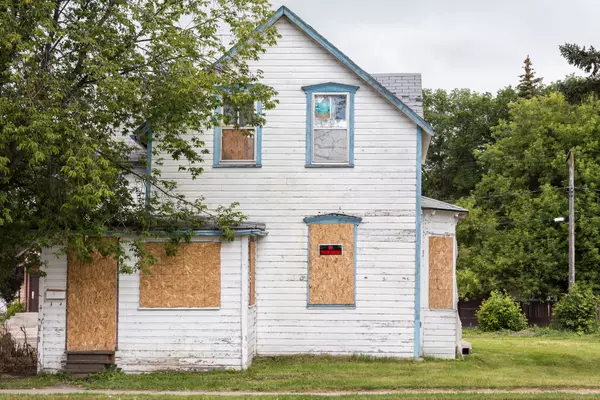

GET MORE INFORMATION

Agent
